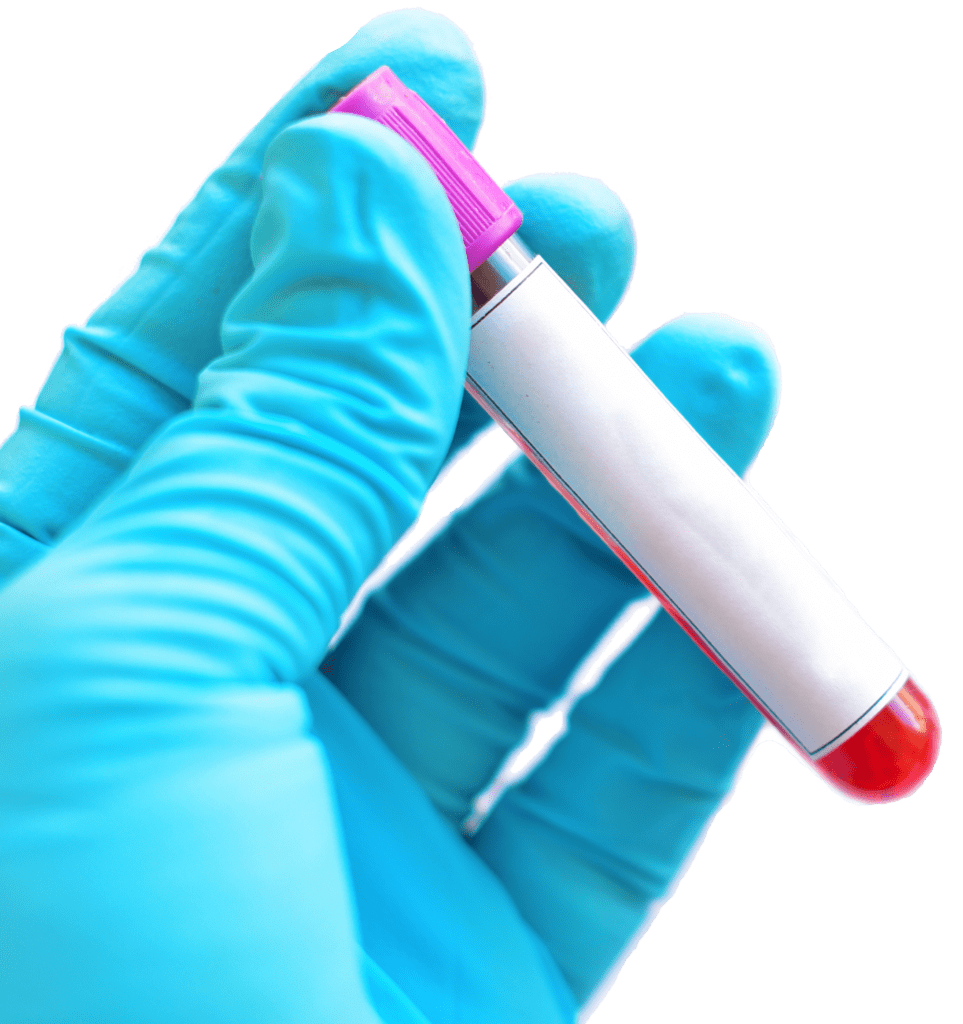
Essential Vitamins
Wellness starts with diet. Ensuring your patients get enough of the essential vitamins starts with testing. VDI is the leader in Essential Vitamins testing with a comprehensive Test & Treat approach.
Essential vitamins are those that are only obtained from diet. While there are a number of these, the most important ones are Vitamin D, Cobalamin, and Magnesium which all play crucial roles in the normal function of a healthy animal. Just like humans, poor diets, increased disease incidence, obesity, and environmental changes have led to increases in vitamin deficiencies which are in turn linked to a variety of diseases. The first step in any wellness plan should be to test your patients’ nutrient levels and correct any insufficiencies.
Meet the Vitamins

Vitamin D (25OHD)
Vitamin D is an essential vitamin, however it actually becomes the most powerful hormone inside the body. Low vitamin D levels have been associated with a wide range of disease, while sufficient levels are anti-inflammatory, pro-differentiating, anti-proliferative, and support the innate immune system. Having all these vital roles makes having sufficient vitamin D levels an important part of the care of cats and dogs. Whether they are healthy or acutely ill, Vitamin D levels should be tested and corrected.
Common Applications:
- Diet changes
- General wellness
- Obese patients
- Cancer patients
- Cats with renal disease
- Cats with IBD/CE
- Animals on corticosteroids
Reports Include:
- Vitamin D value with colorized flags
- Historical values
- Recommended changes to dose
- Total recommended dose for the patient
- Recommended supplement that is safe and effective
- Conversion of dose to the recommended supplement’s application

Cobalamin (Vitamin B12)
Cobalamin, commonly referred to as Vitamin B12, is an essential vitamin required for the production of DNA. An important cofactor in a number of important enzymatic reactions, B12 is critical for DNA synthesis, fatty acid and amino acid metabolism, and B12 deficiencies are associated with anemia, nervous system disorders, and immunodeficiencies. Testing B12 levels identify deficiencies and allow for supplementation for correction.
Folate
Folate often gets test at the same time as B12 for it’s relationship with the GI tract. Folate, in combination with B12, make a good indicator of gastrointestinal status with the results indicating where in the gut the problem may arise. VDI offers a visual chart on all B12/Folate charts for rapid reference to areas of concern.
Common Applications:
- Diet changes
- Vegetarian/Vegan diets
- General wellness
- EPI
- Cancer patients
- Cats with IBD/CE
Reports Include:
- B12 value with colorized flags
- Historical values
- Recommended changes to dose
- Total recommended dose for the patient
- Recommended supplement that is safe and effective
- Conversion of dose to the recommended supplement’s application

Magnesium
Magnesium, an essential vitamin, is required for the proper & efficient function of over 600 biological pathways. Think of it like motor oil for an engine; Without proper magnesium levels, these pathways aren’t going to work at optimal efficiency. Testing magnesium levels in your patients is the first step, and when deficiency is identified, corrective action may include supplementation.
Common Applications:
- Diet changes
- General wellness
- Obese patients
- Cancer patients
- Cats with IBD/CE
Reports Include:
- Magnesium value with colorized flags
- Historical values
- Recommended changes to dose
- Total recommended dose for the patient
- Recommended supplement that is safe and effective
- Conversion of dose to the recommended supplement’s application
Testing With VDI

Using cost effective specimen transport and state-of-the-art methods, VDI offers quality and affordable testing for your clients.
Test & Treat Approach
VDI doesn’t just tell you when there is a problem – we give you a solution.
Test & Treat
Knowing your patient has insufficiencies by testing is a start, but what do you afterwards? For patients with multiple deficiencies, diet change may be the first course of action. For all others, supplementation may be warranted. VDI lab reports offer Patient-Specific Dosing Guidelines to help your patient’s reach sufficiency.
How it’s calculated
VDI dosing guidelines for Vitamin D, B12, and Magnesium are multi-parameter algorithms that take into account patient demographics such as their age, weight, neuter status, and combine with other factors to provide a very targeted dose for that dog or cat. These proprietary algorithms are continually improved by examining thousands of patients for dose responses, and incorporate additional factors with each new generation.
Once a patient is in our system and repeat tests within 6months occur, VDI employs True Dose-Response to calculate any changes to dose. A true-dose response looks at how this patient is responding to the supplementation versus population based dose response which is used in the initial recommendation (i.e. patients matching this demographic with this test value typically need X amount to reach sufficiency).
Recommended Products
VDI partners with companies that make and sell high-quality supplements for pets. These products are verified to be safe and effective by VDI before being recommended as a supplement for correcting vitamin deficiencies. Partners like Rx Vitamins for Pets and MagnumSolace give VDI lab tests an advantage: integrated solutions. Our lab reports convert the recommended dose to the recommended product (ie. drops per day or pumps per day) for easy instruction to the pet parent.
